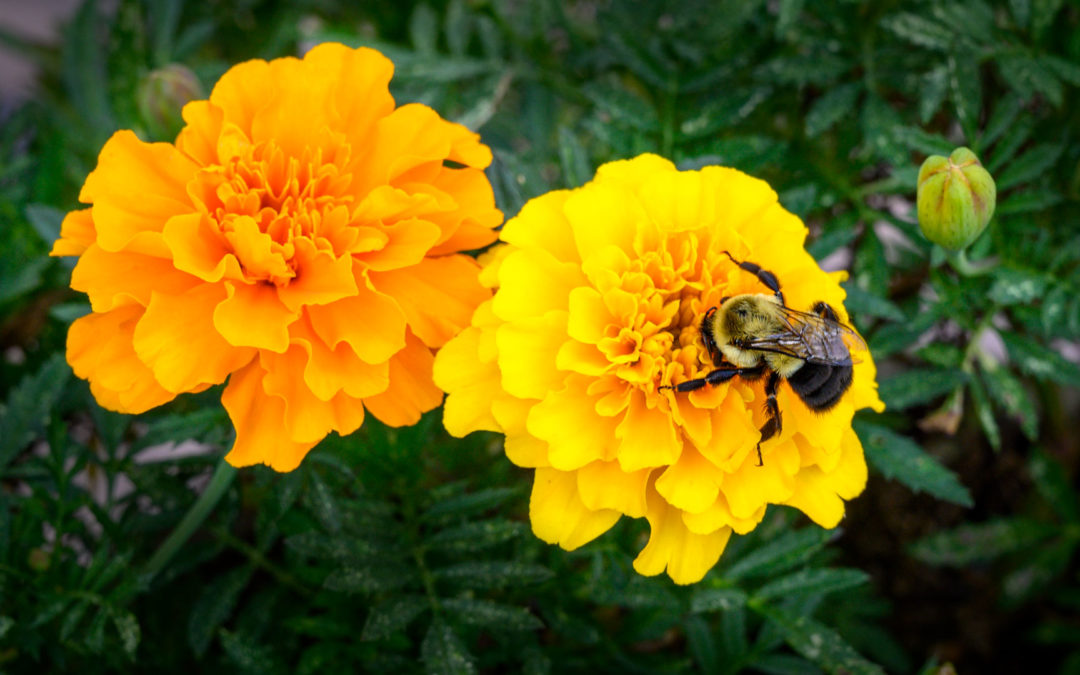As we’ve discussed recently, honey bees can actually be very helpful. For example, about 1/3 of all food consumed in the U.S. can be attributed to pollination from the honey bee, according to the USDA. That’s about $15 billion in crops each year!
That’s why honey bee conservation is an important activity, one that we here at Eco-Care take seriously. National Honey Bee Day was earlier this month, making this an excellent time to discuss some things you can do to help protect this vital link in our food chain. Luckily, many of these activities can also help to keep bees away from your home, when done properly.
Plant a Garden
We talked about this before, but it’s worth reiterating that planting a garden is one surefire way to ensure the health of the local honey bee population. This can be either a vegetable or flower garden, as bees like the pollen of both. To help ensure they don’t become a pest, though, it’s a good idea to try to plant your gardens away from your home’s entrance so that you don’t lure them in.
Give Them a Bath
Okay, so physically giving bees a bath is probably not the best idea, nor is it the most practical. But, like most living things, bees need water to survive. Strategically placing a small container of water in your yard can help them stay hydrated, especially during our mid-summer droughts. The catch is that although bees don’t mind dirty water, mosquitos really love it. So, don’t let it the water stagnate or else you could be dealing with a far deadlier pest.
Buy Locally Produced Honey
So this one can go a long way to preserving the bee population, even if it’s not something you do in your own backyard. We highly encourage you to visit local farms or beekeepers and buy the honey they produce. This helps to support those producers’ bee populations throughout the year, which in turn helps local produce to grow! It’s a really win-win.

